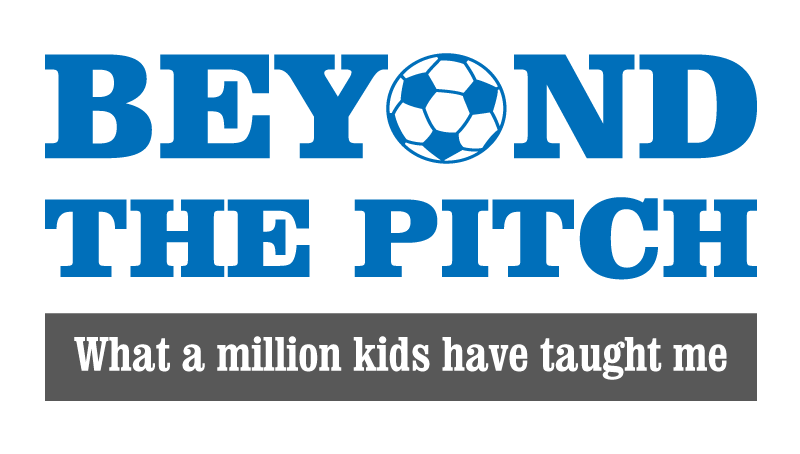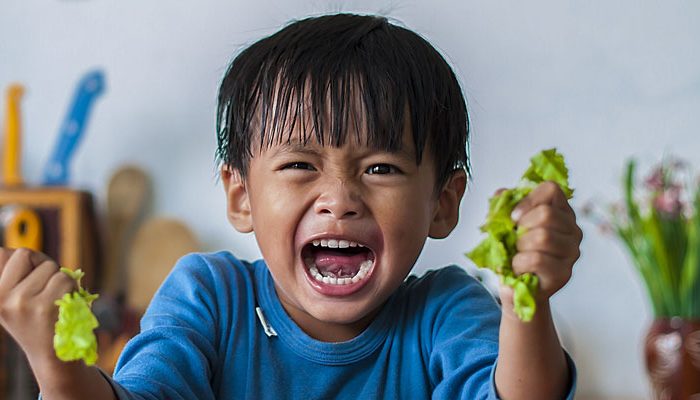
© shurkin_son / Adobe Stock
Parenting Multiple Children: One Size Does Not Fit All
May 4, 2020
If you have more than one child you have probably discovered that not all parenting strategies work the same. It can be frustrating and a bit of a head-scratcher but if you think about it, it makes sense. We are all blessed with individuality which means we come hard-wired with unique ways of looking at and interacting with the world. While we share the same basic needs for food, safety, love and belonging, we don’t often get those needs met in the same manner.
"Sometimes I felt mean telling them no. And honestly, that was an uncomfortable feeling."
Tailoring your parenting approach to match how your children get their needs met can create more effective parenting strategies, build stronger relationships and ease some of that tension that arises in daily life. I’m not suggesting you create different household rules for each child (that could be divisive and probably create chaos.) I’m simply saying that if we understand what makes our kids tick we can interact with them in more meaningful ways. Finding what works will take some trial and error but here are some tips that might help.
Understand where your children are on their developmental path
From emerging into the world, to learning to walk and talk to forming opinions to navigating new social situations children have a lot going on. Knowing what developmental milestone they are trying to acquire at each stage helps give us parents insight into why they might be behaving in certain ways—and hopefully some understanding and compassion so we can form appropriate expectations and guide them. There are many schools of thought in the developmental world. I rely on Erickson for social/emotional development and Piaget for cognitive development. They’re the pioneers in child development. Much of what we know about kids is derived from their work and they remain just as relevant today.
Learn their love language
Have you ever thought about what makes someone feel truly loved and validated? Some people need words of affirmation, others need physical touch, acts of kindness, gifts or quality time. While the 5 Love Languages concept is often applied to adults, each child also has a unique way of feeling loved. Understanding your children’s love language will help you communicate your love for them more effectively. In turn feelings of safety, belonging and even self-awareness will also increase. Knowing your child’s love language will also help you communicate more clearly when using positive reinforcement.
Create clear rules and understandable consequences
As much as kids protest, they need and actually want boundaries to feel safe. They want to know someone is looking out for them and will reel them in when necessary. After all, they have limited experience and knowledge and are not always a good judge of what is right and wrong, good or bad, safe or dangerous. That’s why creating household rules is essential, and upholding them even more so.
How you go about redirecting behavior is a personal choice. One thing is for sure—the need to understand your children’s motivation. What works for their individual needs? The family rules should be the same but the consequences might vary depending on the situation and the child. When my oldest was very young I could look at her with a serious face and say a gentle no. The other two not so much—one weighed the consequences against the joy of the behavior while the other tried to be sneaky and use her charm when she got caught doing something she wasn’t supposed to be doing. Learning how their minds worked and what was important to them helped me to develop strategies that encouraged positive behaviors.
Sometimes I felt mean telling them no. And honestly, that was an uncomfortable feeling. Ultimately I ended up realizing I was being more kind and loving by setting firm boundaries. We always had conversations around each situation so they understood “the why” and felt loved. And it paid off. When they hit their teenage years they knew I meant business when I set a boundary, but more importantly they knew they were loved, could talk to us and we would always have their best interests at heart.
Be kind to yourselves and others.
Until next time,

Recent Posts
Revive From Burnout
It’s been a while since I’ve written. Finding the time and my voice has been a bit challenging. And honestly I’ve been pretty burned out. Here are three things I’ve done to get back on track and revved up for a new year. Read more.
Tips for Back-to-School 2021
Are you wondering how to manage the back-to-school process this year? Emotions about returning to school may be running a little high. Read on to discover some tips for coping. A little pre-planning will go a long way. Read more.
Behavior on the Slide? Learn the Signs of Stress in Your Child
A child’s behavior can reveal a lot about how they’re feeling. Check out how you can help your child learn to understand and manage their emotions in healthy ways. Read more.





